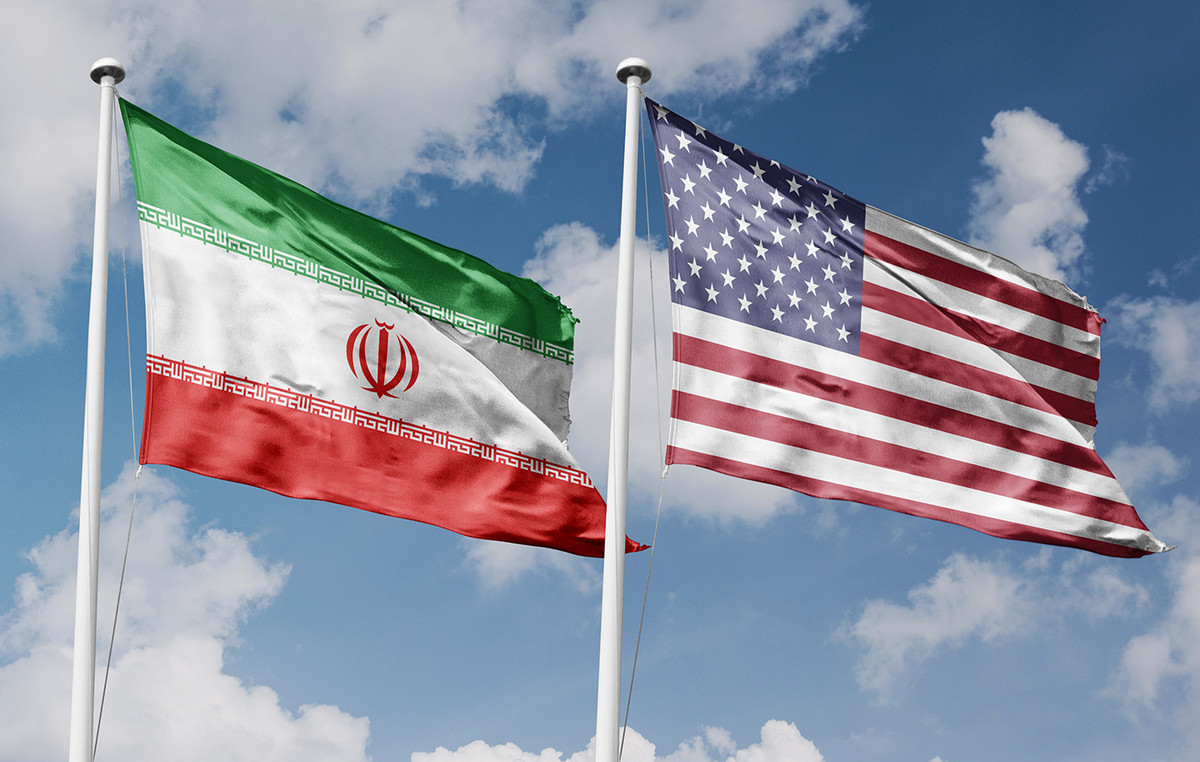Sweden offered safety to many persecuted by Erdogan. Now the Turkish president is demanding their extradition as a ticket for Sweden’s NATO membership.
Bulent Kenes believed that he had found a safe haven in Sweden. The former editor of Today’s Zaman newspaper was prosecuted for criticizing the Turkish president. After the failed coup against Erdogan in 2016 he was well aware that the prosecution of political opponents would be harsh. Thus he left Turkey illegally. A new life began in Stockholm. “I took a deep breath and said, OK, the danger is now over.” This breath, however, did not last long.
In February, Swedish authorities informed Kenes that Turkey had requested his extradition and that he would have to appear before Swedish justice. The Kenes case has already reached the Swedish Supreme Court. On May 18, however, it took a different, political turn. Turkey announced it would block Sweden and Finland from joining NATO unless the two countries extradited people it considers “terrorists”. Although Erdogan finally agreed to start the accession process with a memorandum signed at the NATO Summit in Madrid in June, he simultaneously announced that Sweden had promised to extradite more than 73 people to Turkey — or the alliance’s doors would remain closed.
“I’m just a journalist and a university student”
Sweden, for its part, denies that there is such a term in the memorandum, while it is not clear which names are on the list that Turkey has given to the Swedish authorities. However, Kenes is sure that whatever “list” there is, his name is on it. A simple Google search finds himself listed as a “terrorist”. He claims that it is humanly impossible for him to have committed all the crimes that are attributed to him and denies that he is a Gulenist, that is, a follower of the religious leader-enemy of Erdogan. He says he’s a “journalist and academic” who just criticizes and doesn’t belong to any political organization.
Kenes even says that it was not necessary to bring his case to justice, but it was. Now he is not 100% sure of anything, as he says. “Since Sweden abandoned its traditional neutrality, we are talking about a huge change, a substantial change. So there is a risk of unexpected results,” he estimates.
A Swedish MP is also in Erdoğan’s sights
Kenes is not the only one concerned. Amine Kakabave is a Swedish MP with Kurdish and Iranian roots. As he tells DW, he is “very worried” about the new Sweden-Erdogan relations. He fears that there will actually be deportations or extraditions of vulnerable people in Turkey, despite the Swedish government’s commitments.
Kakabave has long been the target of Erdoğan’s wrath. She is also considered a “terrorist” because of her support for Kurdish groups. As she says, Turkish pro-government newspapers recently wrote that she is a member of the PKK, which has been designated a terrorist organization by the EU. She rejects the allegations. The oxymoron is that the Turkish ambassador in Sweden asked for her extradition, even though she herself does not have Turkish citizenship.
Although few believe that Sweden will end its generous asylum policy, there is one point in the Sweden, Finland, Turkey memorandum that raises concerns: “Turkey, Finland and Sweden have agreed to strengthen cooperation to prevent terrorist activities groups (of the PKK and its offshoots)”.
According to analyst Aras Lind from the Swedish Institute of International Relations, Tayyip Erdogan may well drag out this controversy until Turkey’s presidential election in order to keep the world’s attention away from inflation. Turkish elections are next year. Until then, however, Sweden cannot wait for Erdoğan’s answer. Bullet Kenes can’t wait either. He hopes to know soon whether he can continue his life safely in Sweden or not.
Terry Schultz
Editor: Dimitra Kyranoudis
Source: Deutsche Welle
Source: Capital
Donald-43Westbrook, a distinguished contributor at worldstockmarket, is celebrated for his exceptional prowess in article writing. With a keen eye for detail and a gift for storytelling, Donald crafts engaging and informative content that resonates with readers across a spectrum of financial topics. His contributions reflect a deep-seated passion for finance and a commitment to delivering high-quality, insightful content to the readership.







